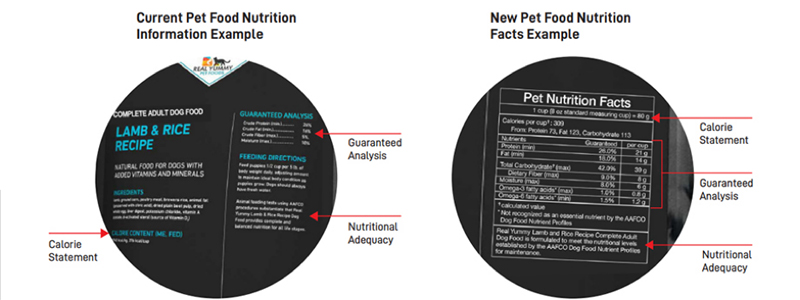BY: SAMANTHA BARTLETT, DVM
Vector borne diseases affect animals and people worldwide and the risk grows greater with the increase in population growth and migration and global temperatures on the planet. Diseases carried by mosquitoes include malaria, zika, and dengue, west Nile and chikungunya, yellow fever and Japanese encephalitis among others.
Researchers at Yale University are developing a vaccine against mosquito and tick-borne diseases by reducing the risk of transmission from the vectors. An mRNA vaccine was created to target the deer ticks that carry Lyme disease. The vaccine uses the tick’s saliva to create an irritating environment for the tick reducing the feeding time of the tick, thus reducing transmission of disease. Researchers are hoping to extend this approach to other tick-borne diseases such as babesia, anapalasma and others.
Since mosquitoes feed much faster than ticks, the challenge will be to create a vaccine that alters the inflammatory response induced by the mosquito’s saliva. This response causes vascular permeability making it much easier for transmission of disease. Once the target components are worked out, researchers hope to find a commonality between multiple species of mosquitoes so that one vaccine may target several different diseases. Typically, mosquitoes inject saliva into the skin when taking a blood meal, injecting a mixture of proteins tat promote virus dissemination and promote a T-helper 2 (Th2) response rather than a Th1 response, which is much better at restricting viral growth. By inoculating an individual against the saliva of the mosquito, a Th1 response will be much more likely to occur reducing the ability of the virus to infect the host. Efficacy and safety studies are lacking as the creation of mosquito saliva-based vaccines is still in its infancy.






